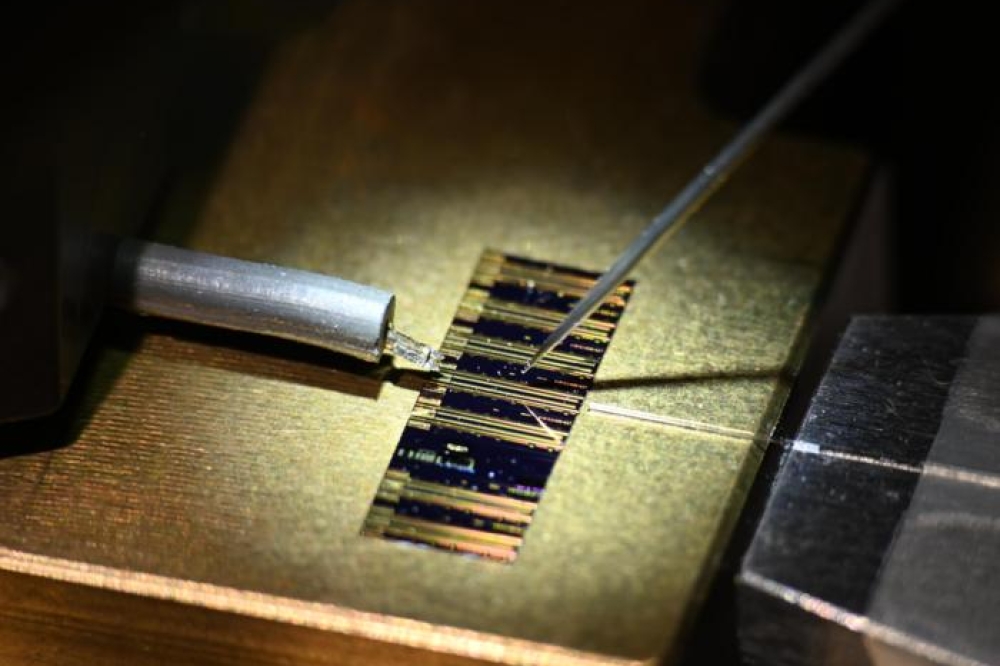News Article
Aixtron To Deliver Another R&D MOVPE System To PUC-Rio
The reactor will be used for InP (indium phosphide) and GaAs (gallium arsenide) based quantum well and quantum dot structures.
Aixtron has a new order for one AIX 200, 1x2 inch configuration deposition system from the Pontificial Catholic University of Rio de Janeiro (PUC-Rio), Brazil. The new system will be delivered and installed at the Semiconductor Laboratory (LabSem) of the University.
Materials to be grown on the new MOVPE reactor are InP and GaAs based quantum well and quantum dot structures. Applications cover site control of quantum dot nucleation, photonic crystals, lasers, photodetectors, solar cells, fundamental properties of quantum dots, superlattices and microcavities.
Coordinator and leader of the technology-research mission, Patrícia Lustoza de Souza of the Pontificial Catholic University of Rio de Janeiro commented, "Recent funding means we can update our facilities and top of the list is a new MOVPE reactor. It was logical that we pick an AIX 200, partly because we already have one but mostly because of its versatility. This will enable us to grow semiconductor samples not only for our members but also for any other group within the country and abroad wishing to collaborate or source from us."
She added, "We appreciate our system's reliability as well as the fact that it is inherently capable of producing the best layers. This existing AIX 200 has been running for almost two decades proving the quality of the equipment. Over the years we have also developed a close working relationship with Aixtron personnel. We have always been fully satisfied with the competence of the team during their visits to Rio de Janeiro and their availability over the phone to discuss our technical issues."
The Brazilian Government recently created the National Science and Technology Institute for Semiconductor Nanodevices (INCT-DISSE). This involves several Brazilian research groups and its headquarters at the Semiconductor Laboratory (LabSem). DISSE membership includes over twenty top level researchers in the field from eight institutions with long experience in specific areas. It carries out applied and basic research in III-V electronic and optoelectronic devices.































